News from 2025-11-13 / KfW Development Bank
KfW promotes mobility transition in Morocco
In co-financing with the World Bank, KfW Development Bank promotes the new regional transport system (RER) in Casablanca-Setatt on behalf of the BMZ.
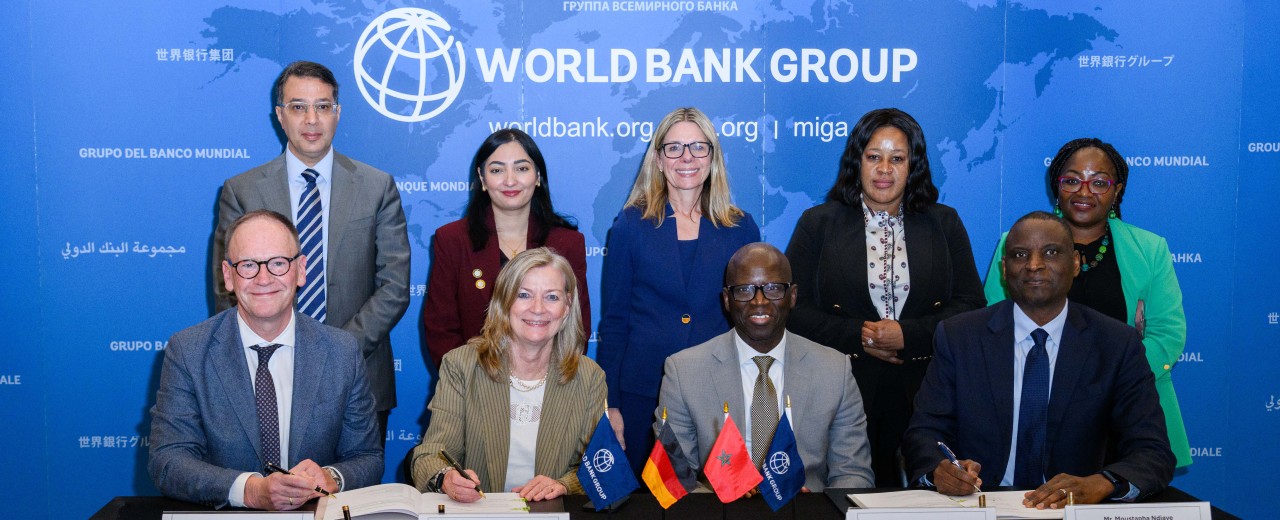
Palm-lined thoroughfares, large commercial and industrial buildings, and the Atlantic Ocean: Casablanca is Morocco's economic hub, a bustling metropolis. The city itself has a population of 3.2 million, while the greater Casablanca-Settat region is home to nearly 8 million people. Modern infrastructure blends with charming neighbourhoods, between Arab-Muslim heritage and the legacy of the colonial era. The idyllic medina, the sophisticated centre with its Art Nouveau buildings and the pompous Hassan II Mosque right by the sea attract tourists who expect modern transport infrastructure.
So do the region's residents, who travel to work, schools and universities, shops, hospitals and administrative facilities. However, the steadily growing suburbs in particular still have poor public transport connections. The number of vehicles in Morocco is growing by around 6% annually, half of which are concentrated in the Casablanca and Rabat-Salé regions – resulting in traffic jams and air pollution.
The Moroccan government has ambitious goals for the transport sector: the 2021 national climate targets and the national energy strategy set the most ambitious reduction target at sector level, with a 24.5% reduction in energy consumption in the transport sector by 2030. Around one third of Morocco's annual energy demand is accounted for by the transport sector, which in turn consists mainly of road transport (87%).
Situation in the Casablanca-Settat region
Due to the growing population and the geographical expansion of the urban area, demand for mobility has also been rising sharply in Casablanca-Settat for years. In most cases, the investments made to date to increase the availability of public transport cannot meet this increased demand. In many places, the undersupply of public transport leads to high motorisation rates and private cars being the dominant mode of transport. Moroccan cities are therefore characterised by traffic congestion with traffic jams and long journey times. As the largest conurbation and due to traffic congestion, Casablanca is responsible for around one third of national CO2 emissions. Traffic jams increase overall emissions, as operating conditions such as frequent stops and starts and idling engines reduce the average speed in city traffic by approximately 10 km/h, which corresponds to an average increase in traffic-related CO2 emissions of 40%.
In downtown Casablanca, the tram is the preferred means of public transport – four lines connect the suburbs with the city centre. During the week, trams run from around 5:30 a.m. to around 10:00 p.m. at intervals of 7-15 minutes. The bus network is less well developed and not very reliable – but here too, progress has been made in recent years, with hundreds of new express buses now in service.
As the second largest railway network in Africa, the network of the national railway company (Office National des Chemins de Fer, ONCF) covers most of Morocco. The network connects Marrakesh with Oujda and serves the country's major cities. The TGV high-speed train currently serves four stations: Tangier, Kenitra, Rabat and Casablanca. There are plans to extend the high-speed line to Marrakesh by 2030. The rail capacity freed up as a result is currently being used to create a modern new regional transport network in Casablanca-Settat in the form of an RER (Réseau Express Régional) – a regional express train network, comparable to a suburban railway, which is intended to efficiently connect the growing surrounding area with the city (and thus with jobs, social infrastructure and services). At several junctions in the urban area, the new RER network also enables direct transfers to existing inner-city local transport systems such as trams.
FZ's involvement in the transport sector
Through the Moroccan state public transport fund, the Fonds d'Accompagnement des Réformes du Transport Routier Urbain et Interurbain (FRAT, formerly FART), the FZ is supporting several inner-city transport projects in Morocco on behalf of the Federal Ministry for Economic Cooperation and Development (BMZ), including the tramway in Casablanca. These projects contribute to a more efficient use of energy resources and thus help to reduce CO2 emissions and protect the global climate.
In co-financing with the World Bank, KfW Development Bank is further promoting the new regional transport system (RER) in Casablanca-Setatt on behalf of the BMZ. The co-financing, which represents the first formalised cooperation between the partners under the framework agreement concluded in October 2024, rewards the investments made in the expansion of railway lines, stations, associated energy and maintenance infrastructure, and measures to strengthen the institutional capacity of the project promoter ONCF in the form of a P4R (Programme for Results) approach. To this end, the World Bank is providing a loan of USD 350 million (EUR 308 million) through the IBRD, and KfW is providing a low-interest loan of EUR 200 million and a EUR 2 million grant for an accompanying measure through financial cooperation. Payment will be made on the basis of verified achievement of previously agreed results. Together with the World Bank, KfW is thus contributing to the realisation of efficient and sustainable climate-friendly transport services outside city limits, which, in addition to positive climatic effects, also improves the population's access to jobs and social services and helps to reduce regional disparities. This also contributes to improving the living conditions of the population.

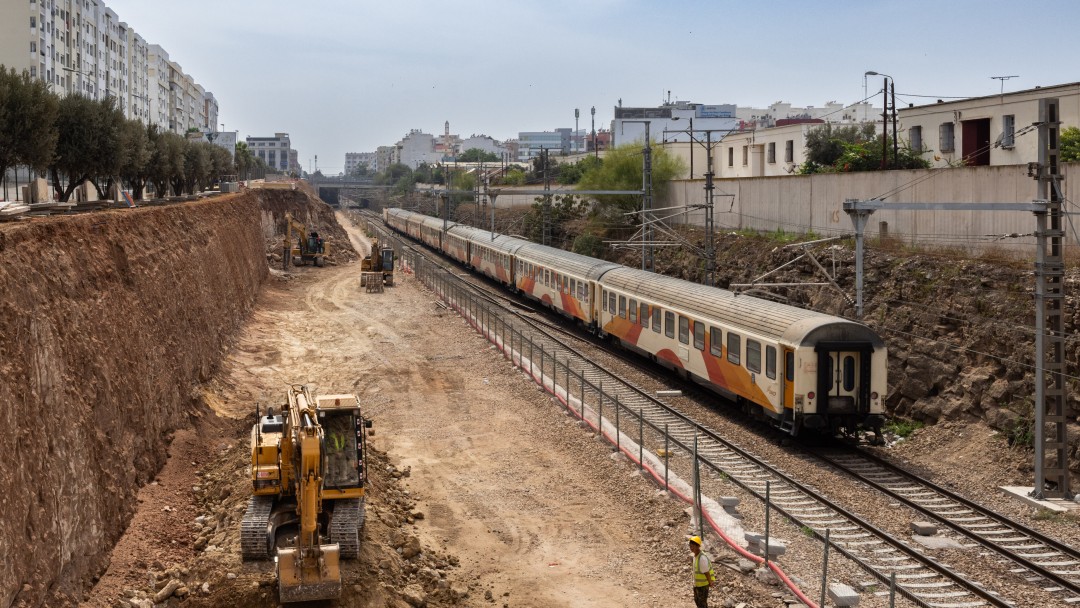
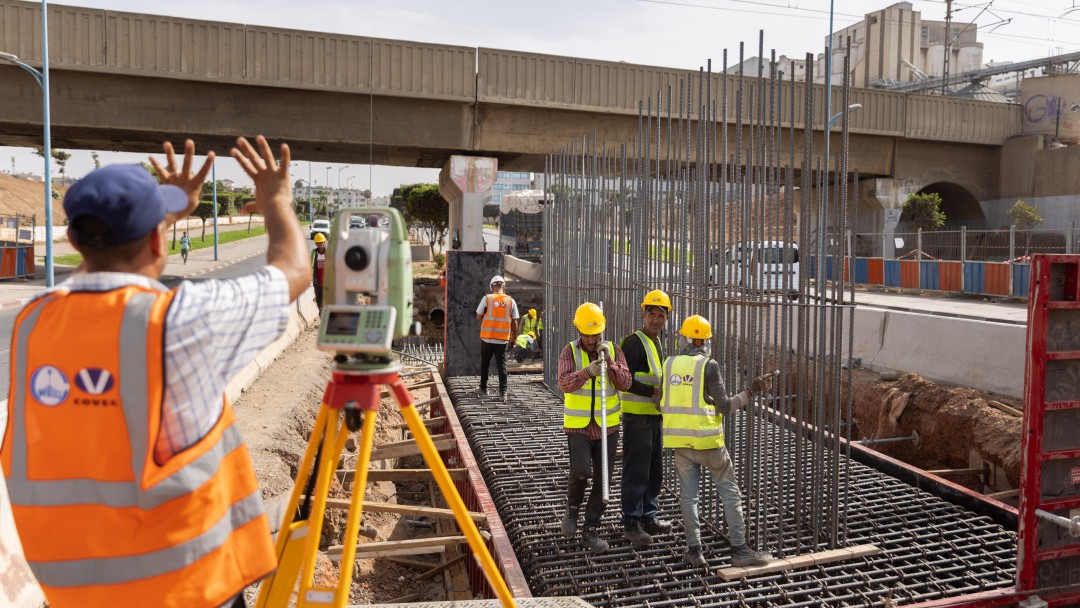
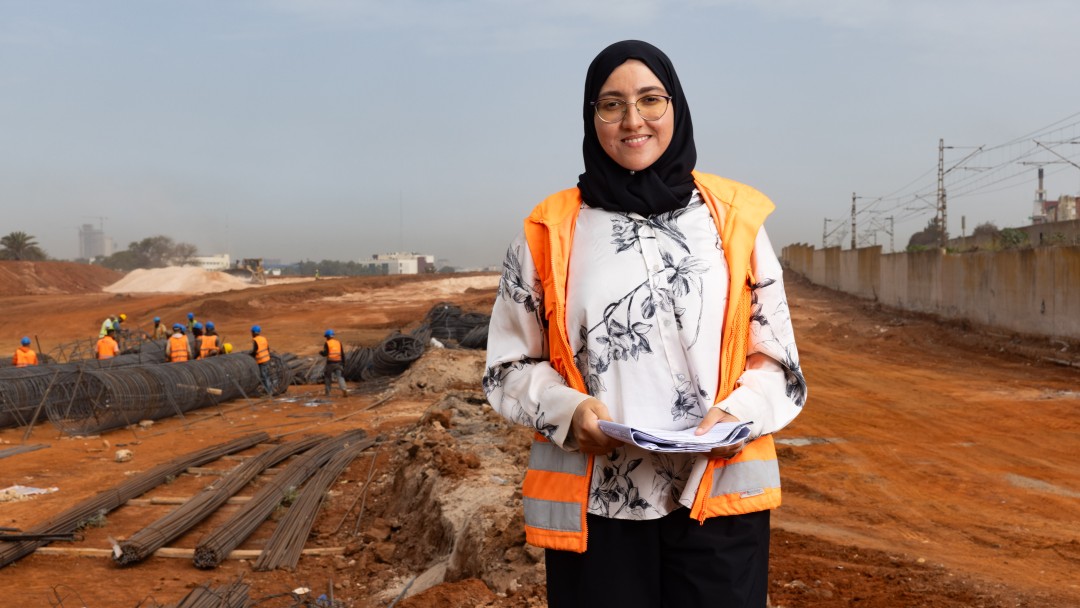

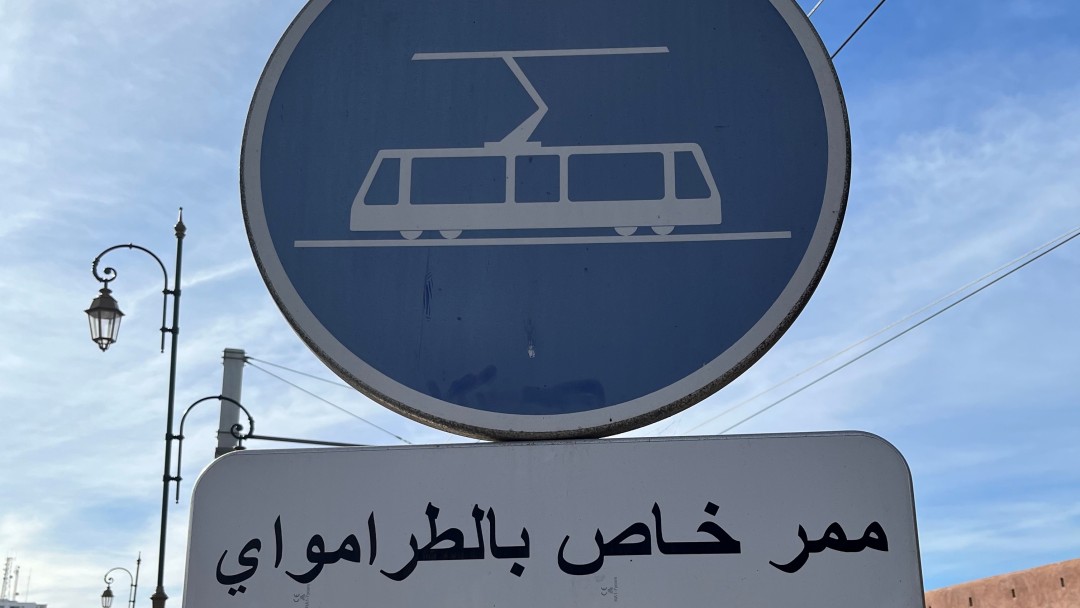
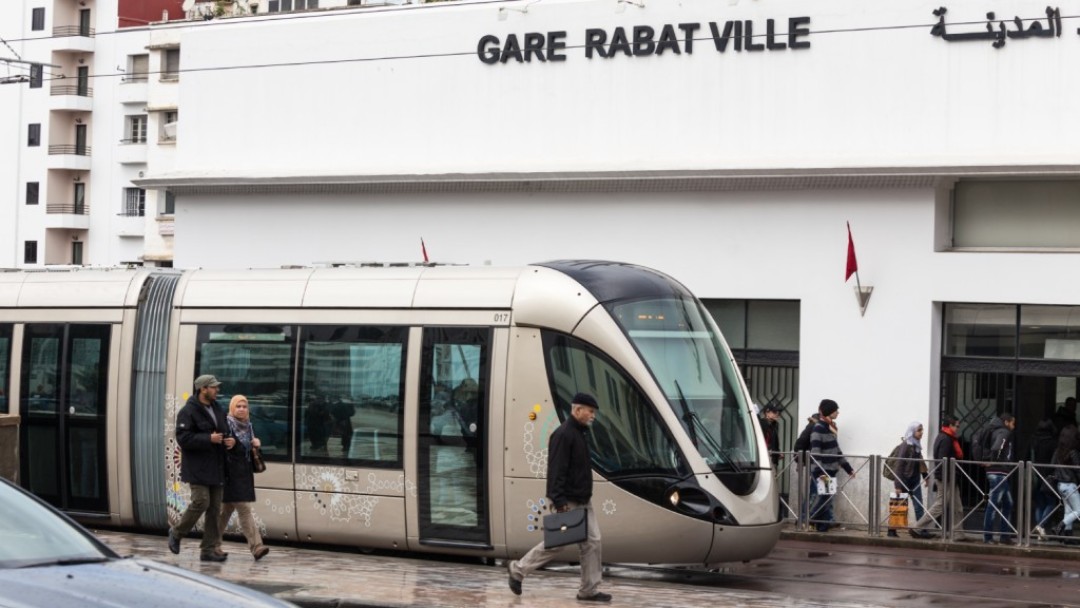
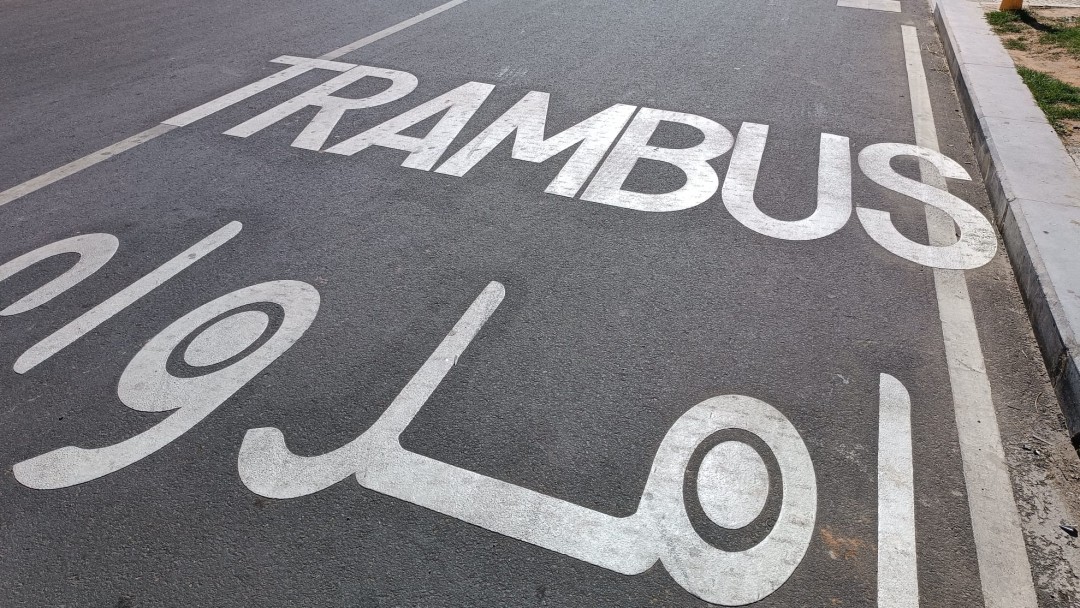
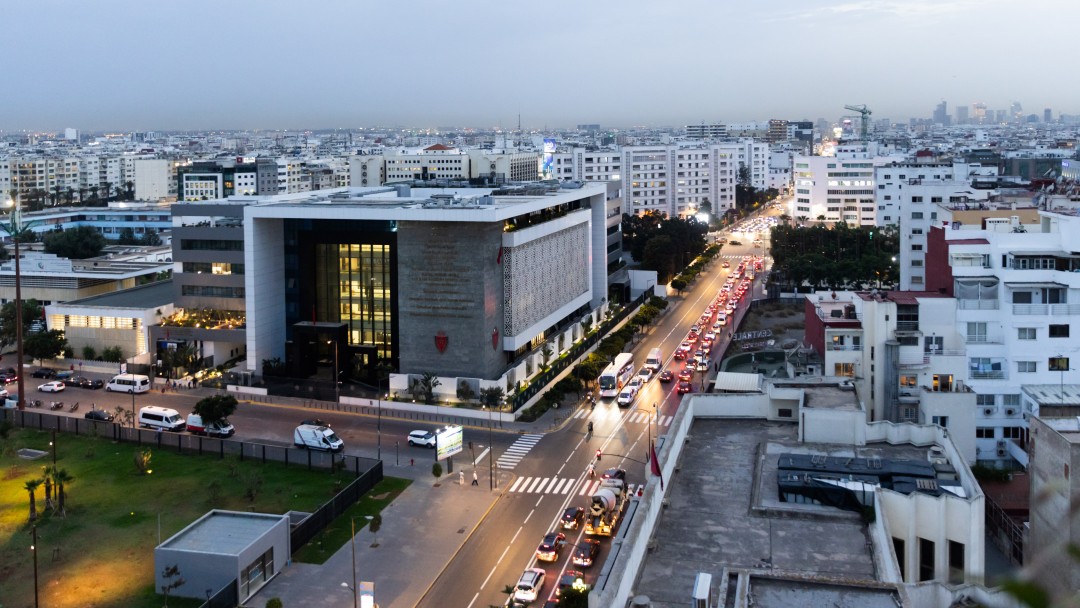
Share page
To share the content of this page with your network, click on one of the icons below.
Note on data protection: When you share content, your personal data is transferred to the selected network.
Data protection
Alternatively, you can also copy the short link: https://www.kfw-entwicklungsbank.de/s/enzBWrMC.DUcA
Copy link Link copied